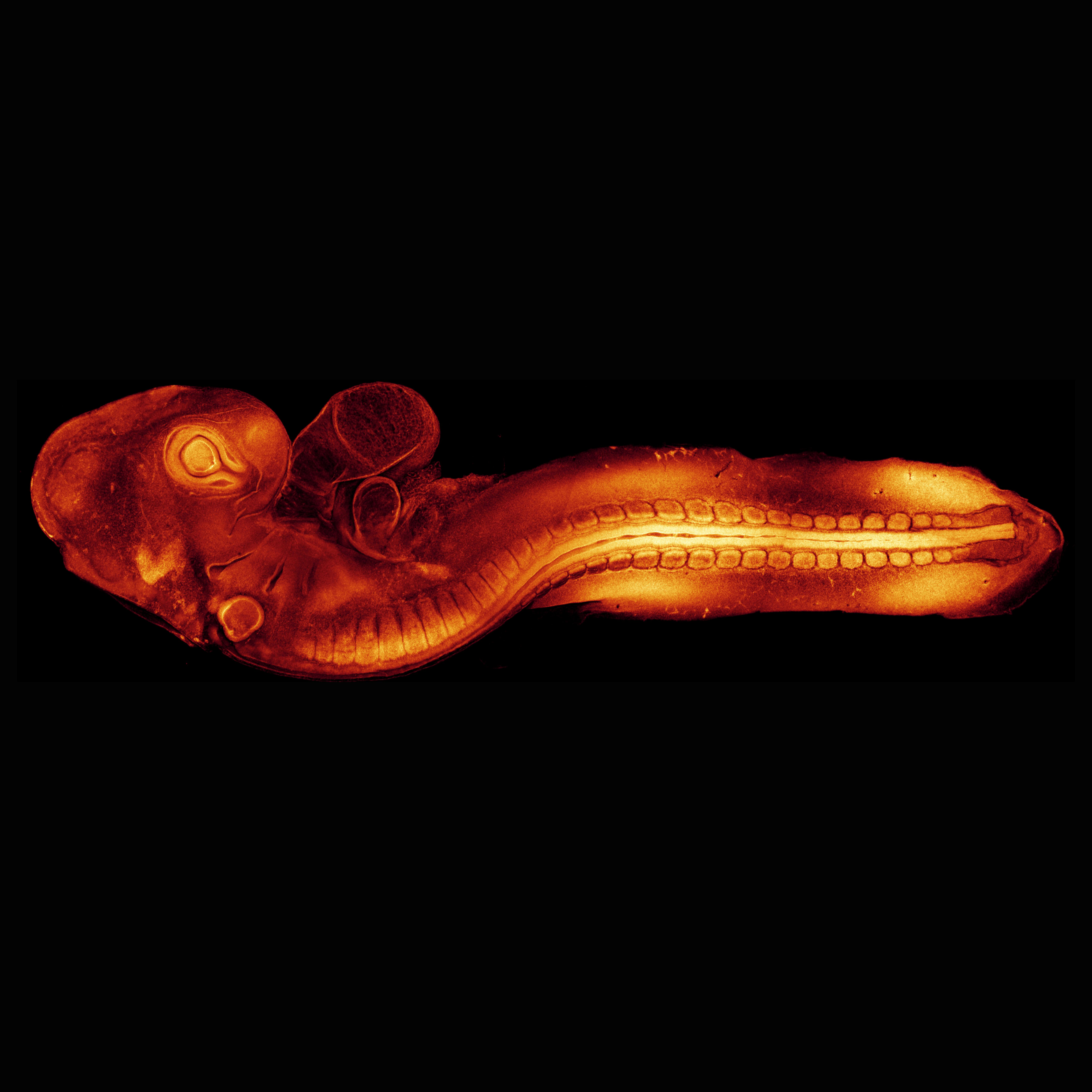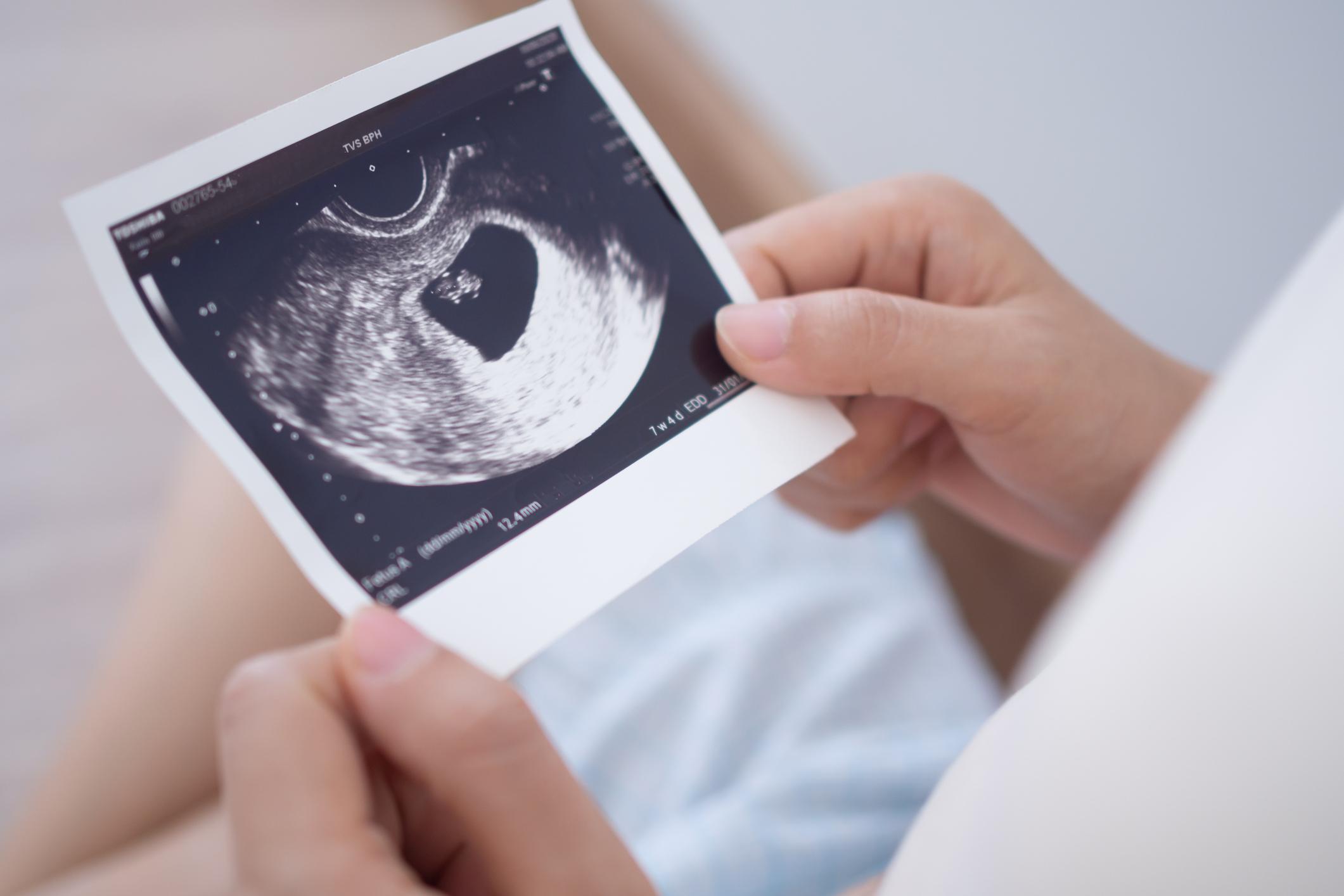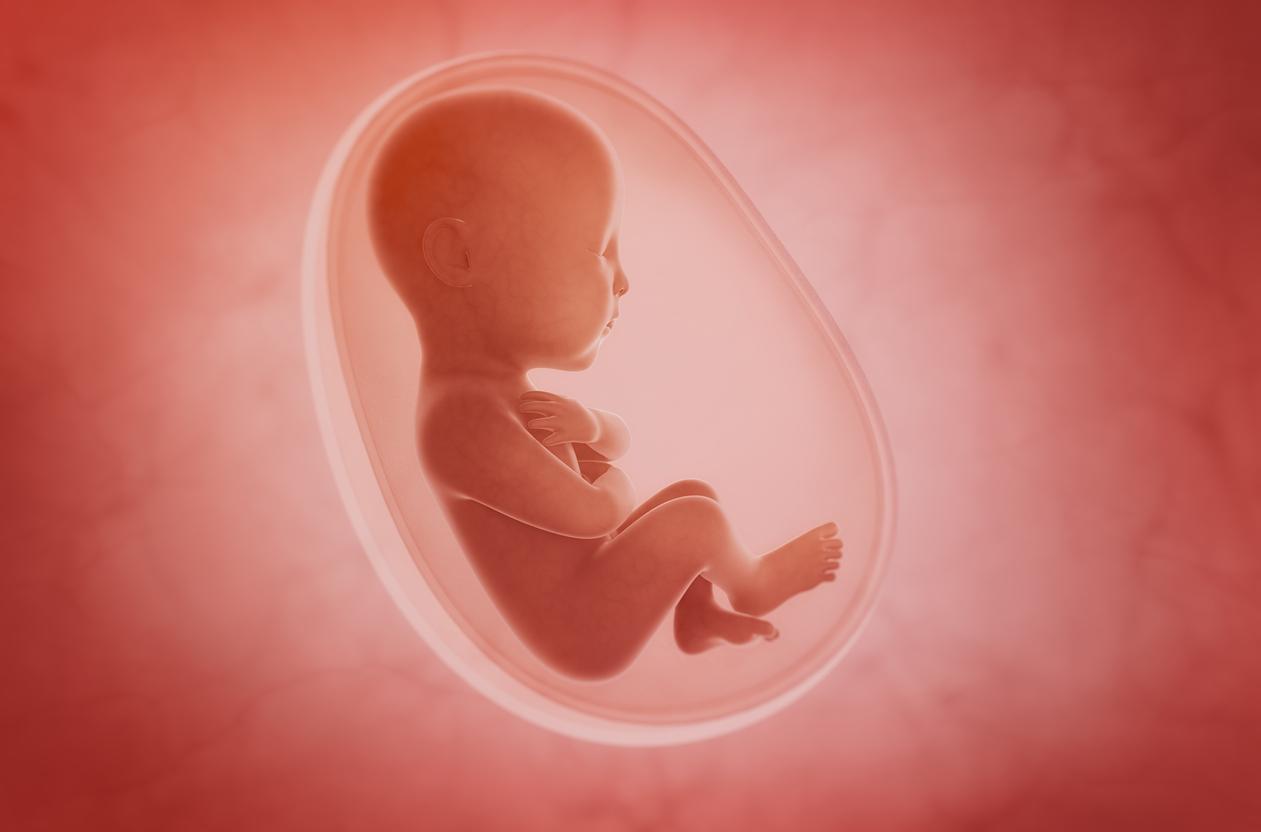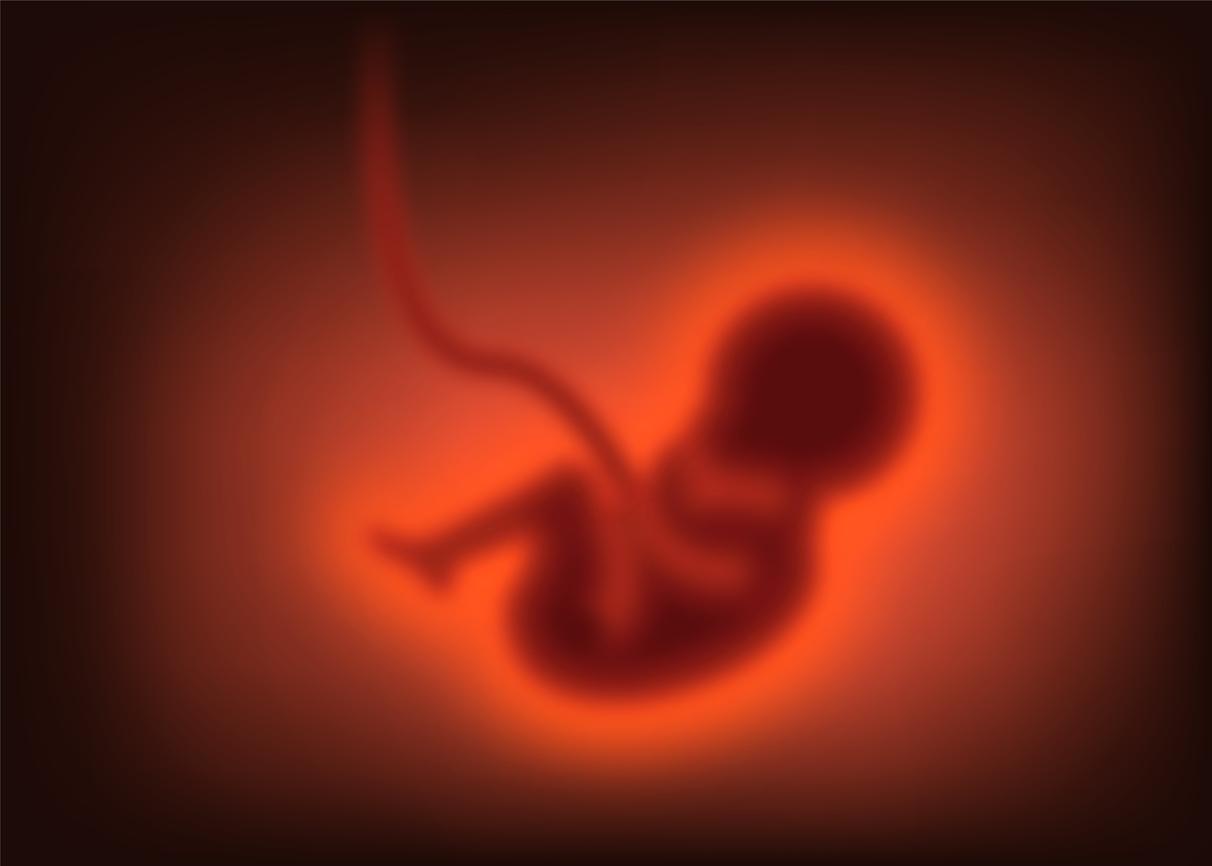Surgeons performed surgery on a 5-month-old fetus with spina bifida, a severe birth defect. This is a first in France.

This is a first in France. Teams from Trousseau Hospital and Necker Hospital operated on a fetus months before its birth. The operation took place in July, in the fifth month of the mother’s pregnancy. During a press conference, the doctors of the Assistance Publique-Hôpitaux de Paris (AP-HP) announced with relief the happy news: the baby was born, he is well, and his mother too.
A very delicate operation
The intervention lasted two hours. It aimed to correct a congenital defect, spina bifida. This disease corresponds to incomplete development of the spine during the formation of the fetus. It prevents the lumbar vertebrae from closing, leaving the spinal cord and its nerve roots unprotected. Due to cerebrospinal fluid leakage, the cerebellum collapses during pregnancy. Cause of paralysis and incontinence, it is the most common disease of the central nervous system, although it remains quite rare – approximately 1 in 1000 pregnancies, or 800 cases each year.
The operation, unprecedented in France, is extremely delicate. To access the fetus, surgeons must exteriorize the uterus and cut it a few inches. “The uterus must be soft like a sock,” specifies the obstetrician-gynecologist Jean-Marie Jouannic, who led the maneuver. The mother is given anti-contraction medication and anesthetic drugs which also act on the fetus ”.
Doctors thus gain access to the back of the fetus that carries the malformation. Then comes the neurosurgical time. “The surgeon covers the spinal cord by welding the envelope that normally covers it. Then he sutures the skin of the fetus, ”explains Jean-Marie Jouannic.
Corrected brain abnormalities
Usually, the operation is performed within the first few days after the baby is born. But studies have shown that prenatal surgery greatly reduces the risk of developing motor and intellectual disabilities, because the repair helps stop the leakage of cerebrospinal fluid. To acquire the technique, Jean-Marie Jouannic trained for five years on fetuses of lambs at the Fer à Moulin surgical school in Paris.
It is still too early to determine what sequelae will keep the baby from his malformation. All the more so since, as Jean-Marie Jouannic reminds us, “this intervention does not make it possible to cure the disease, but simply to reduce possible handicaps”. Thanks to the operation, the operated baby in Trousseau no longer presents any brain abnormalities. But motor risks are not ruled out, especially in terms of leg mobility. It is not known whether he will ever be able to walk.
Despite everything, the intervention was a success. Practiced in a dozen hospitals around the world, in the United States, in Brazil and in Belgium, it seems to give encouraging results, despite the risks it entails. The most serious concerns premature births. In the days following the operation, the mother can give birth at any time, negating the benefits of the operation and endangering the child’s life.
An ethical problem
Moreover, France hesitated for a long time before proposing an offer of prenatal care for spina bifida. “A few years ago, we thought that there was no place for this intervention, because the vast majority of couples opt for a medical termination of pregnancy (IMG) when they learn the diagnosis of the fetus”, explains Jean-Marie Jouannic.
In fact, since the opening of the research protocol that paves the way for this intervention, the AP-HP hospitals have received 17 couples. Some were ruled out for medical reasons, but most opted for an IMG. Only one baby was operated. “But in recent years, there have been more and more requests from women who wish to continue their pregnancy despite the diagnosis. We found it unethical not to be able to provide them with prenatal care ”. It is now done.
.

















